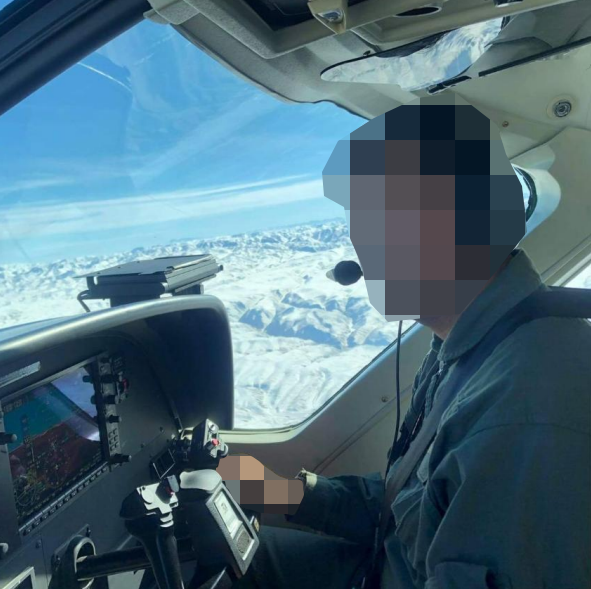Leaving Afghan heroes out in the cold is beyond callous – it shames us all
Editorial: The pilot whose case The Independent has highlighted says Britain is losing the trust of those who have helped our forces. The government should not ignore the impact of those words

The Afghan pilot on whose behalf The Independent has been campaigning for three months has received a response from the British government to his application to be relocated legally to the UK. He has been told that he is “not eligible” under the Afghan relocations and assistance policy (Arap), because he was not “directly employed” by the UK government, armed forces or contractors, or working “in partnership” with them.
He says that he flew sorties with Afghan forces that were planned by British commanders, but the letter rejecting his application says that allied operations in Afghanistan would not have been “materially less efficient or materially less successful” without him.
The rejection has been condemned by General Sir Richard Dannatt, the former head of the British army, who told The Independent it was a “very disappointing decision, justified on very narrow grounds”. Air Marshal Edward Stringer, commander of RAF air operations during the Afghan conflict, said the UK government was making a “weaselling distinction”. That the pilot believes the UK is “losing the trust” of those who served alongside our forces is a further damning indictment of the government’s position.
It is unusual for former top brass to use such language about their own government, but this is an unusual situation – and one that requires an unusual response from the authorities. Sadly, it would seem that the Ministry of Defence has retreated into the standard bureaucratic obstruction of any case that carries potential implications for immigration policy.
Even more sadly, it would seem that no ministers are bold enough to realise that, in the small number of cases such as this, a decision to take the welcoming and compassionate approach would be strongly supported by public opinion.
The British public wants to stop the small boats crossing the Channel, but recognises that, in a scattering of special cases, such as that of the Afghan pilot, those deserving of refuge here have had no choice but to take that route in order to reach safety. This is one reason why the government’s attempt to deem anyone who has arrived here by small boat ineligible for asylum must be contrary not just to common compassion, but also to international law.
If there is no way to apply for asylum from outside the UK, and no safe way to reach the UK, then the UK is attempting to prevent any applications being made, which is inconsistent with the government’s claim to respect Britain’s obligations towards genuine refugees.
However, this pilot is more than a refugee: he is someone to whom this country has a special obligation – because, in our opinion, he fought “in partnership” with our forces in Afghanistan. Instead of looking for “weaselling distinctions” that allow his application to be rejected, we should be looking for reasons to interpret the rules flexibly in his favour.
We would argue that it is in the government’s political interest to do so, on two counts. One is that the pilot has been served with a notice of intent to remove him, possibly to Rwanda: given that public opinion is divided and doubtful about the merits of the Rwanda scheme, it would be a bad idea for the government to make his case one of the tests of the policy.
The other is that the US government has said that it is looking at whether it will offer the pilot the chance to relocate to the US, as he served with the allied forces of both countries. It would be an embarrassment to Rishi Sunak if Joe Biden were prepared to step up to fulfil a responsibility that is primarily that of the UK.
There is a straightforward way to avoid this humiliation, which is to do the right thing and make a compassionate exception in these few cases. The prime minister needs to intervene without delay.



Join our commenting forum
Join thought-provoking conversations, follow other Independent readers and see their replies
Comments